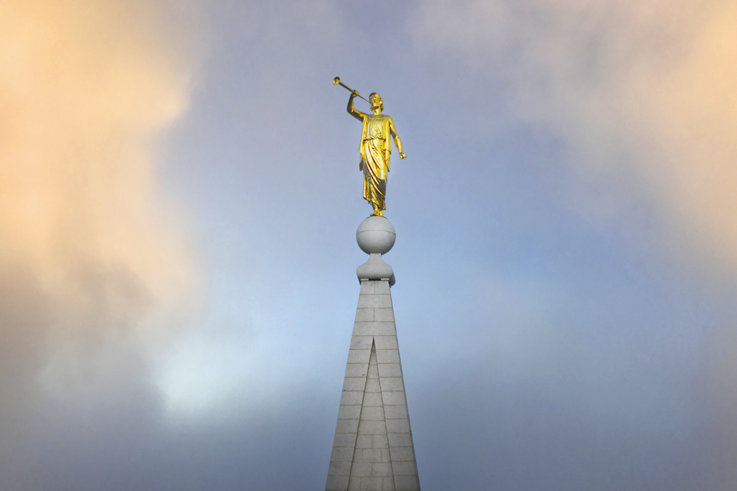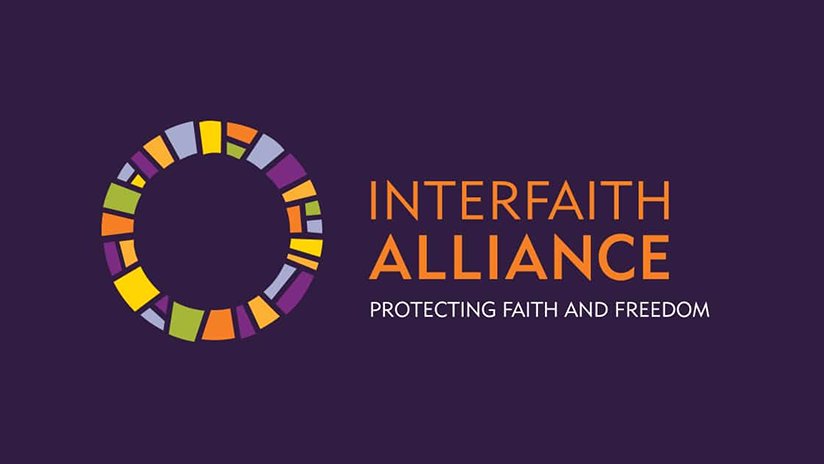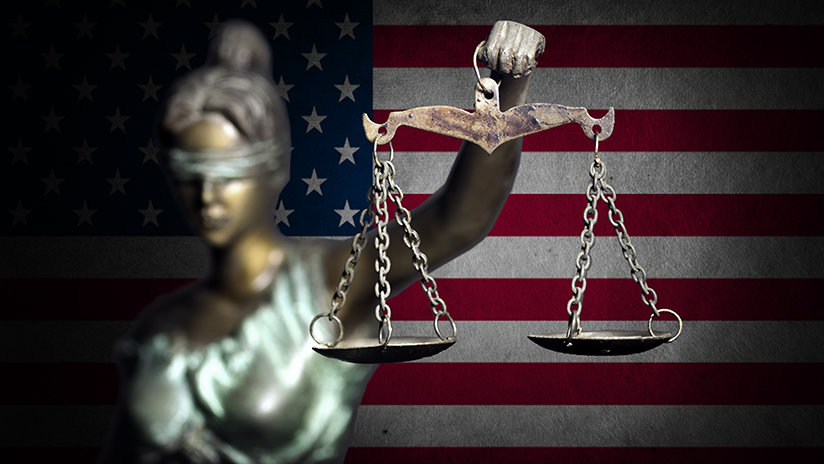
-
HOME
-
WHAT IS STANDOur Mission Our Values Our Help Contact
-
WHAT WE FIGHT FORReligious Freedom Religious Literacy Equality & Human Rights Inclusion & Respect Free Speech Responsible Journalism Corporate Accountability
-
RESOURCESExpert Studies Landmark Decisions White Papers FAQs David Miscavige Religious Freedom Resource Center Freedom of Religion & Human Rights Topic Index Priest-Penitent Privilege Islamophobia
-
HATE MONITORBiased Media Propagandists Hatemongers False Experts Hate Monitor Blog
-
NEWSROOMNews Media Watch Videos Blog
-
TAKE ACTIONCombat Hate & Discrimination Champion Freedom of Religion Demand Accountability
Latter-day Saints Win Against Ex-Member Seeking Return of Donations
In a victory for the Church of Jesus Christ of Latter-day Saints, an 11-judge United States federal court panel, on January 31, 2025, unanimously dismissed a lawsuit by a former member who claimed the way the Church used his donations constituted fraud.

The ex-parishioner, a wealthy businessman named James Huntsman, donated approximately $5 million between 2003 and 2015. The donations followed the Saints’ tithing practice by which all members are expected to give a tenth of their income to the Church. According to Huntsman’s allegations, the Church used tithes collected to finance two commercial ventures despite promising Church members it would not do so.
Church officials denied having misused tithes, stating that the Saints’ participation in the two projects and the source of the funds were openly communicated to the membership. They also pointed out that the source of the funds was earnings on invested reserve funds—i.e., a return on the investment of tithes, not the tithes themselves—and that this practice was clearly communicated to the membership as well.
“We are delighted … at the outcome … and we view it as a complete victory for the Church and for religious liberty generally.”
Huntsman filed his lawsuit in federal district court in 2021 in his home state of California. The Saints moved to dismiss the complaint without further proceedings on the basis that the facts presented did not indicate any sort of misconduct. The district court agreed, and Huntsman appealed to the Ninth Circuit Court of Appeals, which handles federal appeals for the far west. A three-judge panel reversed the district court decision by a two-to-one vote, finding that Huntsman had presented sufficient facts to permit him to fully present his case. The Saints then asked for what is called an “en banc” hearing, in which a greater number of judges at the same appellate level agree to hear the matter. The Ninth Circuit agreed to the en banc, with a hearing held in September, resulting in the decision on January 31.
The decision was unanimous in its result, but the judges were split on their reasoning. Six simply found that there was no evidence of misrepresentation, agreeing with an attorney involved in the litigation that “the Church had long explained that the sources of the reserve funds include tithing funds. Huntsman has not presented evidence that the Church did anything other than what it said it would do.”
The other five agreed with the result but, in two separate opinions, found that it would violate the Constitution for the court to intervene at all in the dispute.
As one of the two opinions stated, “there is no way in which the plaintiff here could prevail without running headlong into basic First Amendment prohibitions on courts resolving ecclesiastical disputes.” In other words, the dispute over the use of tithes was an argument over religious doctrine, something of which courts must steer clear.
Doug Andersen, media relations director for the Church of Jesus Christ of Latter-day Saints, told The Salt Lake Tribune that the unanimous decision reaffirmed that tithing donations “are dedicated to advancing the Church’s global religious mission” and “are considered sacred.”
Many other religious groups supported the Saints. They saw Huntsman’s suit as a threat to their ability to direct the use of donations received for their religious missions and an infringement on their right to fully practice their respective faiths.
Eleven religious groups, among them the Church of Scientology International, filed a friends of the court brief on the Saints’ behalf. Other groups filed separate briefs. Gene Schaerr, who presented the brief on behalf of the 11 religious groups, expressed their gratification at the results, saying “we are delighted … at the outcome … and we view it as a complete victory for the Church and for religious liberty generally.”
Another attorney concurred that “with all the noise that’s been made about this case, it’s pretty remarkable to have 11 judges confirm the truth of the Church’s statements.… I think [the victory] is significant and sends a message that other courts should be paying attention to.”









